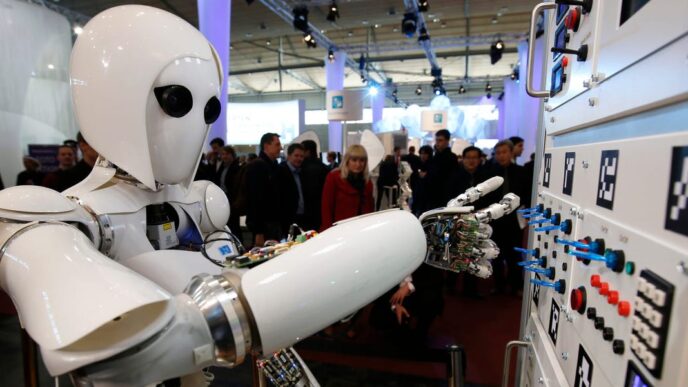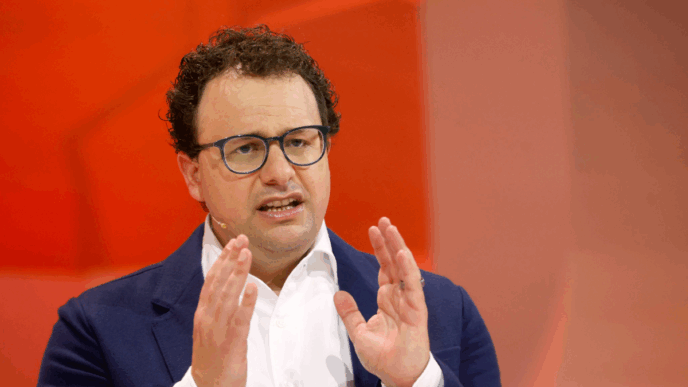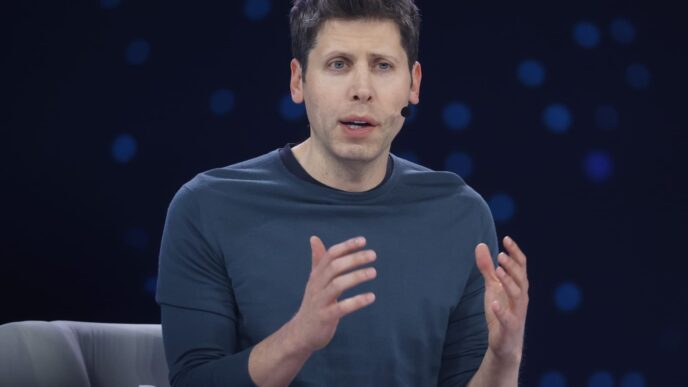OpenAI, Google, Microsoft, Meta, and UAE are ramping up energy investments for AI infrastructure.
Big tech is pouring cash into energy sources like geothermal and nuclear to power AI data centers. Demand for electricity from AI data centers could more than double by 2030—surpassing steel, aluminum, cement, and chemical manufacturing combined, per the International Energy Agency.
The Trump administration secured a massive $1.4 trillion deal with the United Arab Emirates. The UAE will build or finance U.S. data centers and back AI, quantum computing, and semiconductors. OpenAI, SoftBank, Oracle, and UAE AI VC MGX are leading the $500 billion Stargate Project for U.S. AI infrastructure, with OpenAI launching Stargate UAE.
UAE Minister Sultan Ahmed al-Jaber sees this as a “once-in-a-generation investment opportunity.”
Sultan Ahmed al-Jaber stated at the Atlantic Council Global Energy Forum:
To realize the full power of AI, we must give it the power it needs.
We need policy that clears the path, infrastructure that carries the load and investment that meets the moment.
The UAE plans to boost U.S. energy investments from $70 billion to $440 billion in 10 years through its energy investment company XRG.
Al-Jaber also warned that the current grid is outdated:
The fact is, you can’t run tomorrow’s technology on yesterday’s grid, and many of our grids were built for a completely different century and a completely different circumstance.
Big hurdles remain: slow permitting, high costs, and limited access to critical minerals could delay new energy tech like next-gen nuclear reactors.
Atlantic Council CEO Frederick Kempe said energy demand from data centers is reshaping how much energy is needed for the next-gen economy.
Google’s global head of data center energy Amanda Peterson Corio warned the U.S. grid hasn’t evolved in decades:
We don’t use dial-up internet, we don’t talk on rotary phones, yet our grid fundamentally looks the same as it did 30 to 40 years ago.
Google is pushing investments to scale new energy tech.
OpenAI’s Chris Lehane said progress in AI depends on energy:
At the end of the day, we need to have chips, we need to have data, we need to have talent, and most importantly, we need the energy to be able to put it all together.














